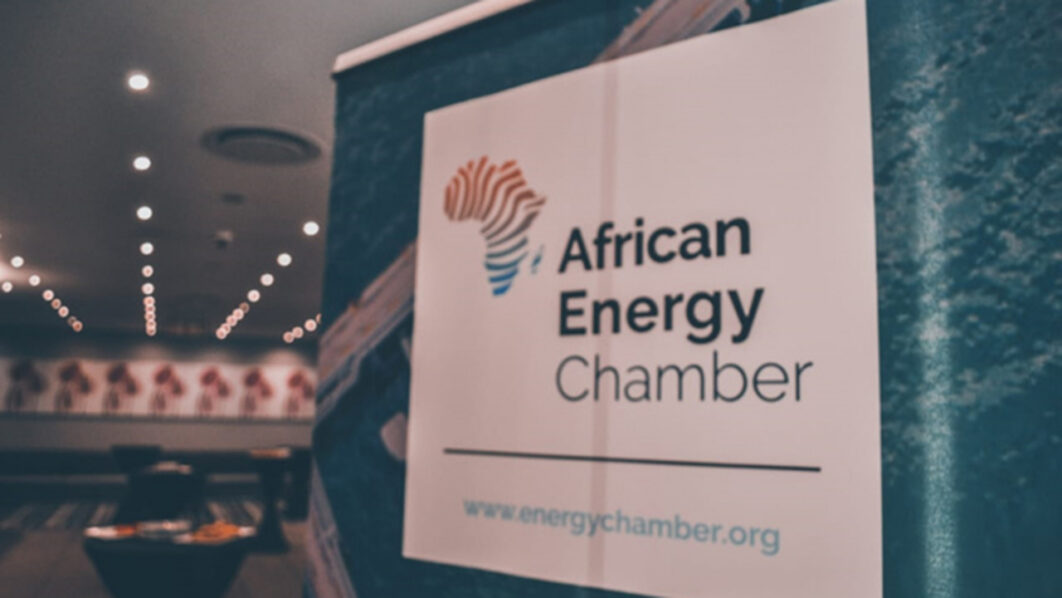
The African Energy Chamber (AEC) has said that the withdrawal of Western financial support from Africa’s oil and gas sector, coupled with delays in key projects due to lack of investment, threatens to undermine the continent’s energy development and economic progress.
The AEC, which lamented that while similar projects receive support in Europe, Africa’s high-cost energy projects are being neglected, saying that the institutions are practicing “financial apartheid.”
It stressed that the decline in investment is already having a noticeable impact, exacerbated by global shifts towards cleaner energy and prioritising of ESG practices.
It added that major International Oil Companies (IOCs) are reducing their presence in Africa, with reference to Equinor’s withdrawal from offshore exploration in South Africa and ExxonMobil’s exit from a deep-water oil prospect in Ghana, which has contributed to a bleak outlook for Africa’s energy sector.
Executive Chairman of AEC, NJ Ayuk, said as the international community moves to boycott investments in African energy sector, the continent’s people and its development stand to suffer.
He said: “The role of oil in Africa’s energy and economic future is apparent, and consequently, should be defended as Western elites move to disrupt African progress.
“The broader implications of financial divestment are profound as many African governments rely on fossil fuel as a cost-effective means to alleviate energy poverty and boost state revenues. The increasing pressure on financial institutions to cut funding for high-carbon projects creates uncertainty about the future of Africa’s energy sector.”
Ayuk said that the International Energy Agency (IEA) had contributed to the challenges with its calls for withdrawal of funds for oil and gas projects.
He highlighted a disparity that while natural gas is considered a ‘green’ energy source for Europe, it does not receive the same treatment in Africa.
He said that the development of Nigeria’s Train 7 project, which is an expansion of the existing NLNG facility on Bonny Island to boost production by eight million tonnes per year, bringing the total to about 30 million per year, is crucial for the country’s growing population and its ability to meet its energy needs.






